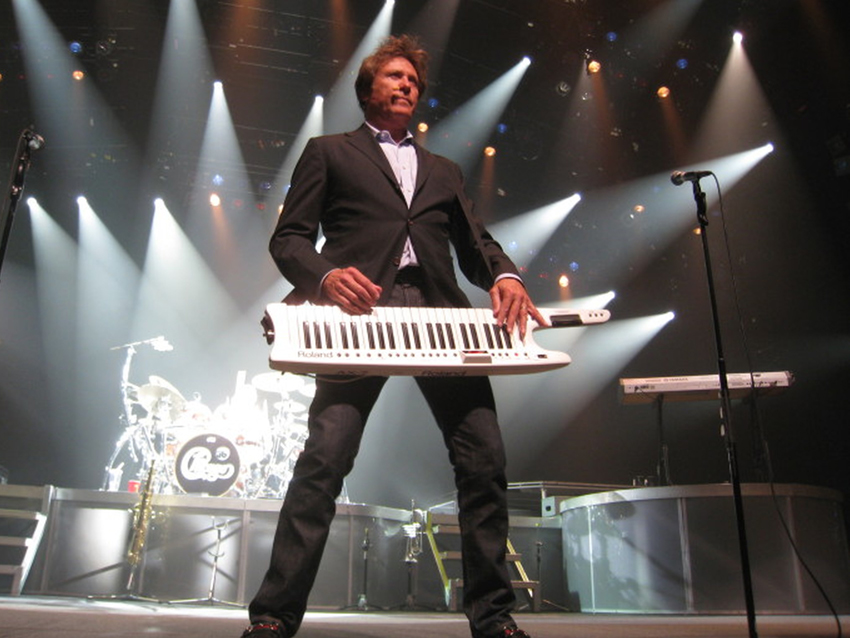
Chicago's Robert Lamm: the 10 records that changed my life
Although Chicago have enjoyed spectacular worldwide success over the past 45 years, selling more than 100 million records, including five number one albums and 21 top ten singles, singer-songwriter-keyboardist and founding member Robert Lamm noticed that the band was experiencing something of a resurgence during the past year.
Two developments, he says, factored into the band's upswing in visibility. The first order of business was Chicago's involvement in Seinfeld/Curb Your Enthusiasm creator Larry David's HBO film Clear History: Not only were several beloved Chicago hits heard throughout the 2013 comedy, but the group was part of a priceless running gag in the picture, with band members even appearing as themselves during a key scene.
“It was an adult comedy, so we talked about whether it was the right thing for us," Lamm says. "Chicago has always been a pretty diverse group of guys. We go from extreme right to extreme left politically and philosophically. The guys on the right were like, ‘I don’t know if we should be doing this,’ but the majority of the band was totally into it. We’re all fans of Larry David, and so that helped get everybody on board right away. And it was definitely a shot in the arm: A lot of people who loved Chicago kind of rediscovered us, and some people who didn't quite know us began to check us out."
And earlier this year, Chicago's 1969 self-titled debut album, Chicago Transit Authority (as they were known at first before shortening their name to simply Chicago), was inducted into the 2014 Grammy Hall Of Fame. During the televised ceremony, the band took the stage with singer Robin Thicke to perform two of their smashes, Does Anybody Really Know What Time It Is and Saturday In The Park, before jamming with Thicke on a version of his own hit Blurred Lines.
"What a great honor that was," Lamm enthuses. "Our first album is very special in a lot of people's hearts. It's incredible to know, and to be recognized for, how it shaped so many people’s lives, got into their souls and how it influenced other musicians. It's a great feeling."
Chicago recently wrapped a summer tour behind their latest release, Chicago XXXVI: Now, which you can purchase on iTunes and at Amazon. Speaking of soul-shaping music, on the following pages Lamm runs down the 10 records that changed his life.
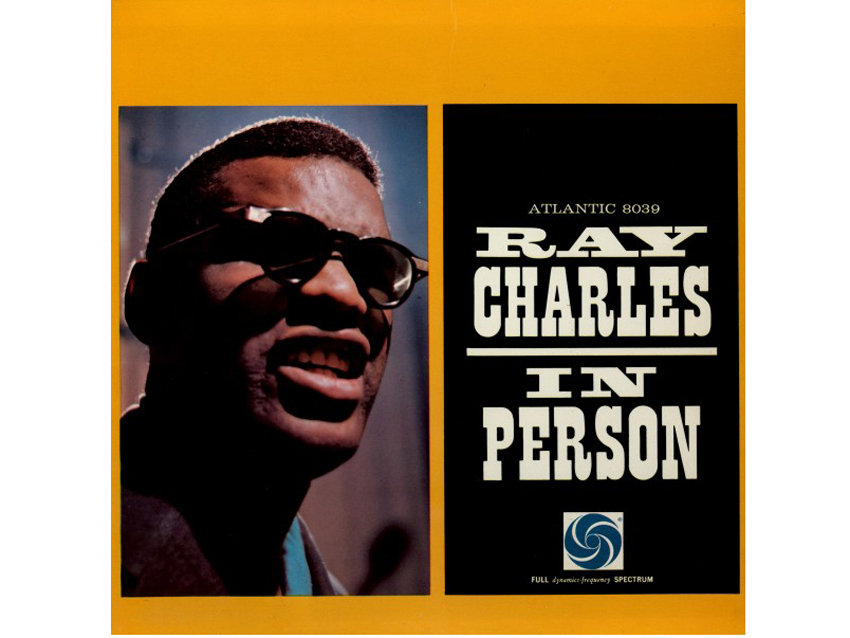
Ray Charles - In Person (1959)
“I was in high school and hadn’t yet started playing in a band, but this album made me want to play in a band. When I heard the Wurlitzer electric piano on What’d I Say and on some of the other songs on this album, I was mesmerized. The sound of that instrument and Ray’s voice was an incredibly potent combination.
“It’s a live album, and Ray’s performance throughout is thrilling. The band is great, the backup singers are terrific – it’s all out of this world. There’s a song on the record called Tell The Truth that’s as exciting as What’d I Say – and that’s saying something.”
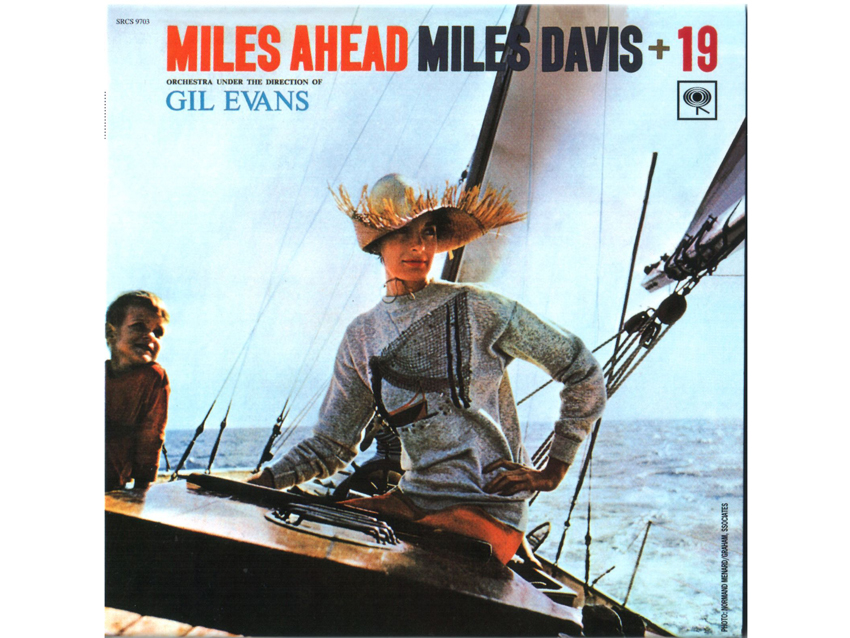
Miles Davis - Miles Ahead (1957)
“This is one of the records Miles did with Gil Evans. By this time, I had moved from New York to Chicago, and I was playing in a little garage band. We used to rehearse in the drummer’s basement. The drummer’s uncle was something of a badass – I think he’d done some jail time – and he used to come over and listen to us.
“One day, the uncle had these records under his arm. He was getting kind of fucked up while we were playing, and so he drifted off. He ended up forgetting about his records entirely, so I took them home with me. I put on Miles Ahead and it totally blew my mind.
“The beauty of the orchestrations and the pure playing of Miles on these tracks really opened my mind up to the musical possibilities. What I was playing with my little band was basic blues and rock. This record made me see that there was more out there.”
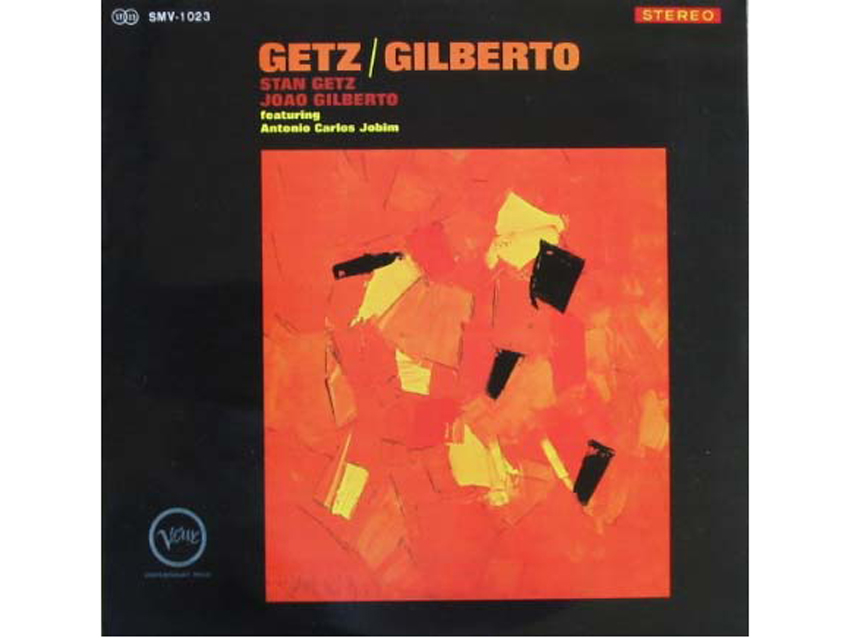
Getz/Gilberto - The Girl From Ipanema (1964)
“A couple of years later, everybody in the world heard Getz and Gilberto and Antonio Carlos Jobim for the first time. Everybody just stopped in their tracks and said, ‘What is this beautiful thing?’
“By this time, I had realized that I was very interested in songwriting and composition, and the nature of the writing on this record was so different from a lot of the other things I had been exposed to, certainly a lot of the rock and pop and standards that I knew.
“This album made me want to take composition to another level. It was a major influence on me as a writer.”
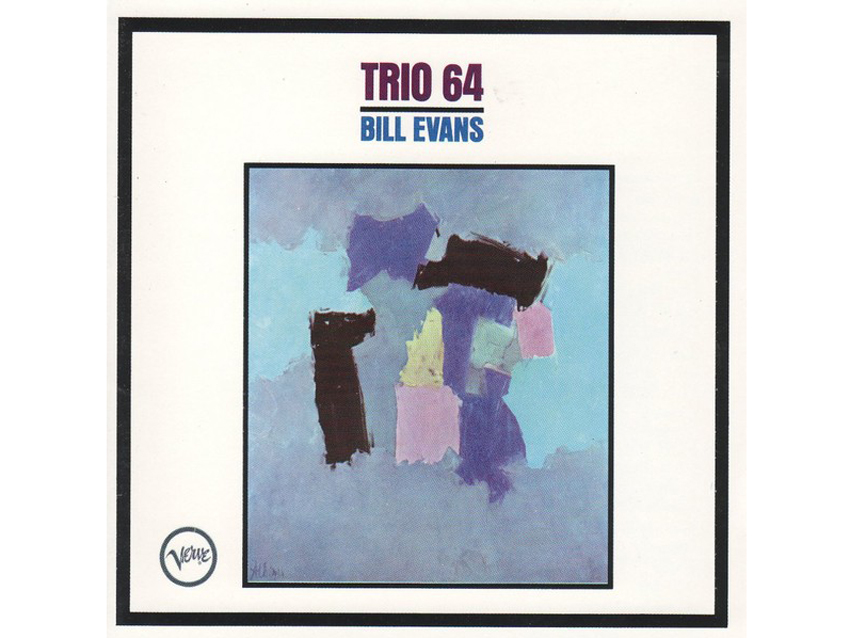
Bill Evans - Trio 64 (1964)
“Even though I had no jazz training, I was schooling myself and depending on my intuition. Being a piano player, I was drawn to this album. I don’t even know how I got it – maybe it was when my mother ordered it through a record club that she belonged to. Or I might have gotten it from working at a department store that had a nice selection of albums.
“I listened to this record and was immediately drawn to the way the drummer and bassist worked together. The intimacy and the virtuosity of the musicianship were very attractive to me. I listened to this album over and over and over.”
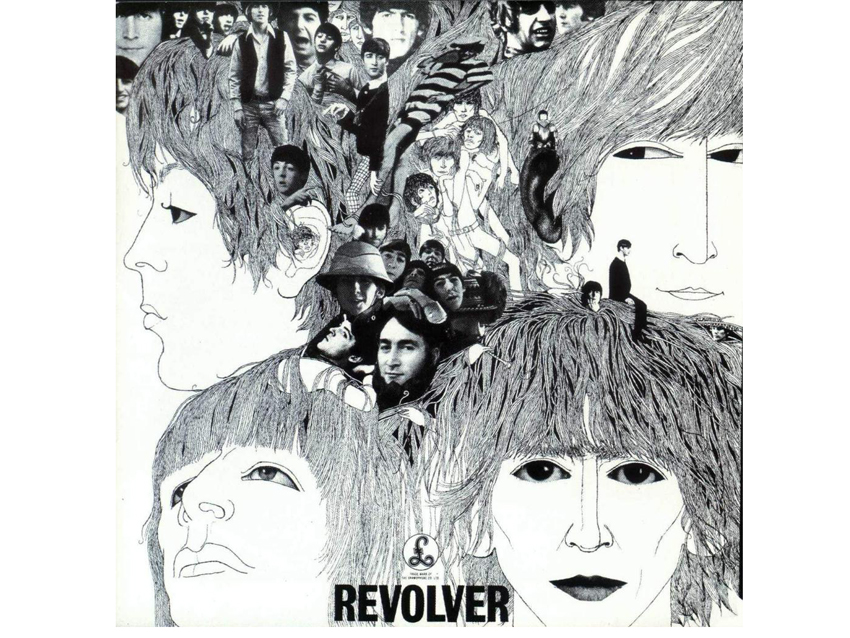
The Beatles - Revolver (1966)
“I know that everybody likes to pick Sgt. Pepper as their big Beatles record, but for me, Revolver was the on-ramp for that album. I was a fan of The Beatles right from the get-go, but when I heard this record, I could tell that they were deepening, getting into spirituality and social commentary and just coming into their own with new ways of songwriting.
“The beauty of Eleanor Rigby just jumped right out at me, even through a car radio. And it’s all the songs – it’s one of the first pop albums that seemed to flow in an order that was important. The sequence meant something as to how you were supposed to experience the whole record.
“When I heard Got To Get You Into My Life, I went, ‘Wow, check out those horns!’ You weren’t really hearing that in mainstream pop, so that really had a big impact on me.”
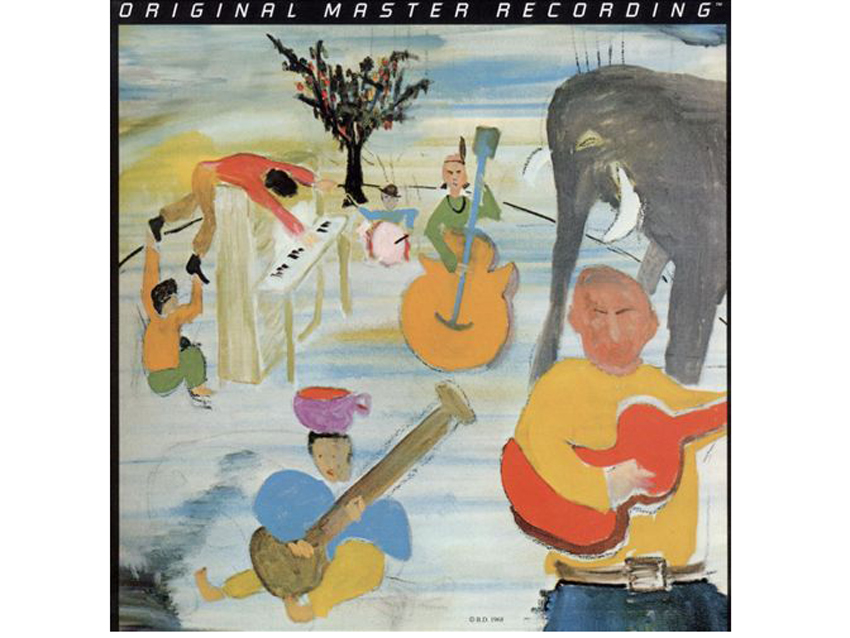
The Band - Music From Big Pink (1968)
“Chicago was already together, writing and rehearsing the songs that would be on our first album. A number of us were living together in a house ourselves, so it was charming to hear a record by another band that was doing the same thing.
“The looseness of the way the music was performed, the soulfulness of the singing, the charm of the lyrics, the deep grooves – it was so infectious. Truly a record that was unlike anything I had ever heard at that point.
“Garth Hudson’s virtuosity on the keyboards, and just the sheer way that he played – he was an individualist – really made a big impact on me. His work shot right through my soul.”
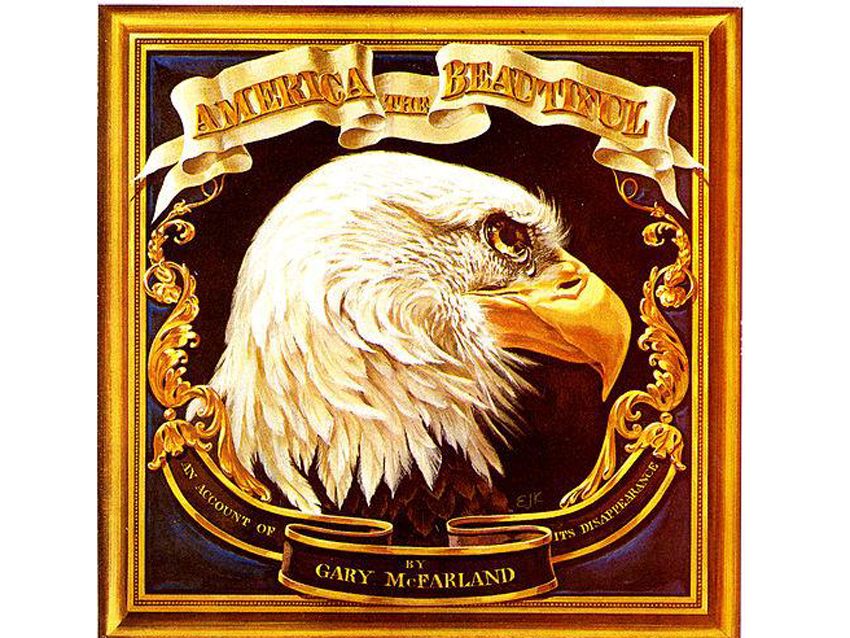
Gary McFarland - America The Beautiful: An Account Of Its Disappearance (1968)
“This is a little-known record. It’s an all-original concept album, an instrumental protest album, if you can imagine that. It's all New York cats on the record, and they’re playing some wonderful stuff.
“This record had a profound influence on Chicago in the way that you could arrange music for a large ensemble but still have a funk rhythm section, with serious rock guitar solos and the whole thing. It expanded my mind instrumentally and compositionally.”
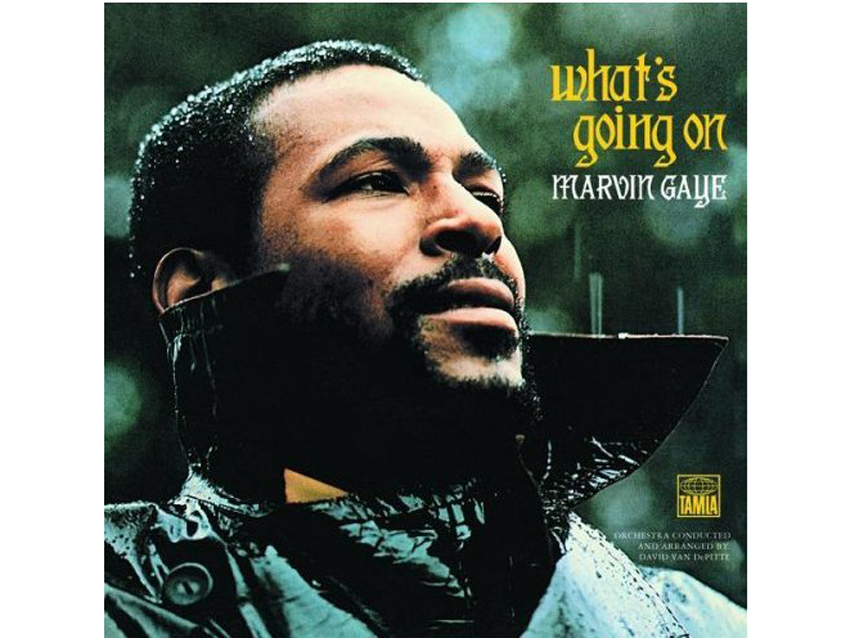
Marvin Gaye - What's Going On (1971)
“Continuing the theme of social commentary, this album is about as profound as it gets. Musically, it’s just as deep. The way that the session musicians performed, particularly James Jamerson on bass, really makes the music shine.
“Marvin Gaye has always been one of my favorite singers. His vocals are double-tracked, and I understand that was kind of an accident. It was done on the first rough mix, and he decided that he just liked the way it sounded. What a great approach. If I could sing like anybody else in the world, I’d like to sing like Marvin Gaye.
“I've listened to this album hundreds of times on the years – in my car, on headphones, on tour, you name it. It’s just a beautiful, beautiful record.”
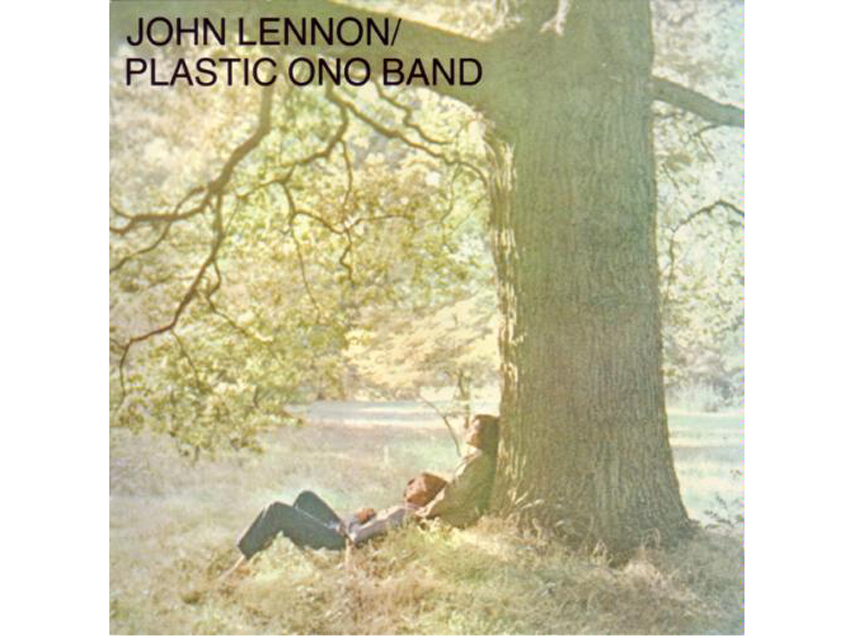
John Lennon - John Lennon/Plastic Ono Band (1970)
“For me, this is an album of rare beauty and bone-chilling emotional sincerity. The Beatles had broken up, and John needed to do something on his own. He succeeded in so many ways – this is a major statement by one of the world’s most important artists.
“I love the minimalist approach to the songs, with Klaus Voorman on bass, Ringo on drums, and John on either piano or guitar. That is a sound I’ve tried to imitate many times. Even though I’ve worked with a big band, I’m still drawn to this kind of bare bones, raw aesthetic. John just got to the heart of the matter – he didn’t need to layer the sound with anything unnecessary.
“Phil Spector’s involvement was key. I think he even played piano on a beautiful track called Love. I learned how to play that one and would do it during Chicago concerts back in the day. An amazing record. It taught me so much about stripping things down and letting music stand without embellishments.”
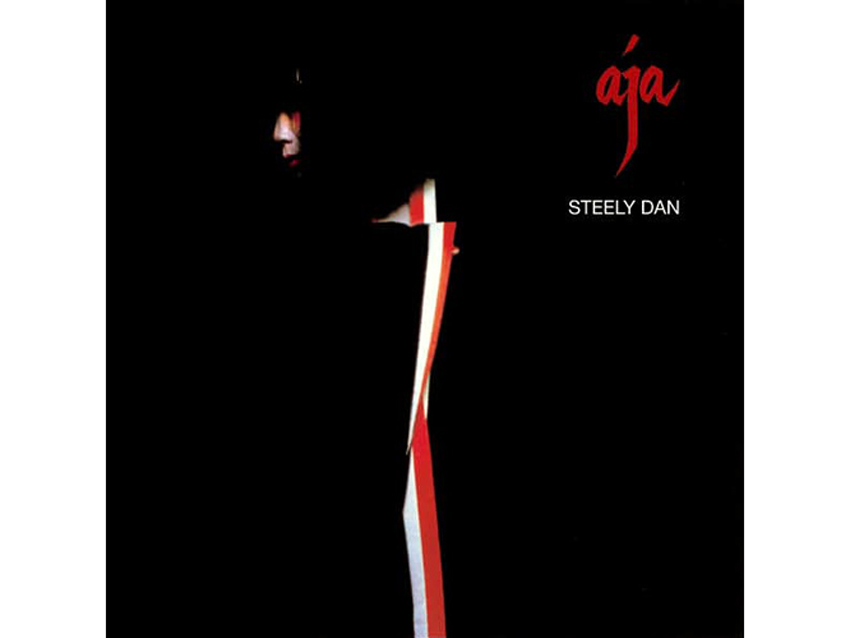
Steely Dan - Aja (1977)
“Frankly, I have a love/hate relationship with this album. I love every single note on it, but it bothered me because I thought, when I first heard it, that it’s a record Chicago should have made. Instead of moving into power ballads, we should have been making the kind of courageous pop music Steely Dan was doing.
“Interestingly, if you look at the credits, you see that the two guys who make up Steely Dan barely played on it. But you can’t argue with the quality of the writing and the playing, which was done by some of the greatest session musicians in the world.
“It’s one of my all-time favorite albums, even though it makes me jealous.”
Joe is a freelance journalist who has, over the past few decades, interviewed hundreds of guitarists for Guitar World, Guitar Player, MusicRadar and Classic Rock. He is also a former editor of Guitar World, contributing writer for Guitar Aficionado and VP of A&R for Island Records. He’s an enthusiastic guitarist, but he’s nowhere near the likes of the people he interviews. Surprisingly, his skills are more suited to the drums. If you need a drummer for your Beatles tribute band, look him up.
